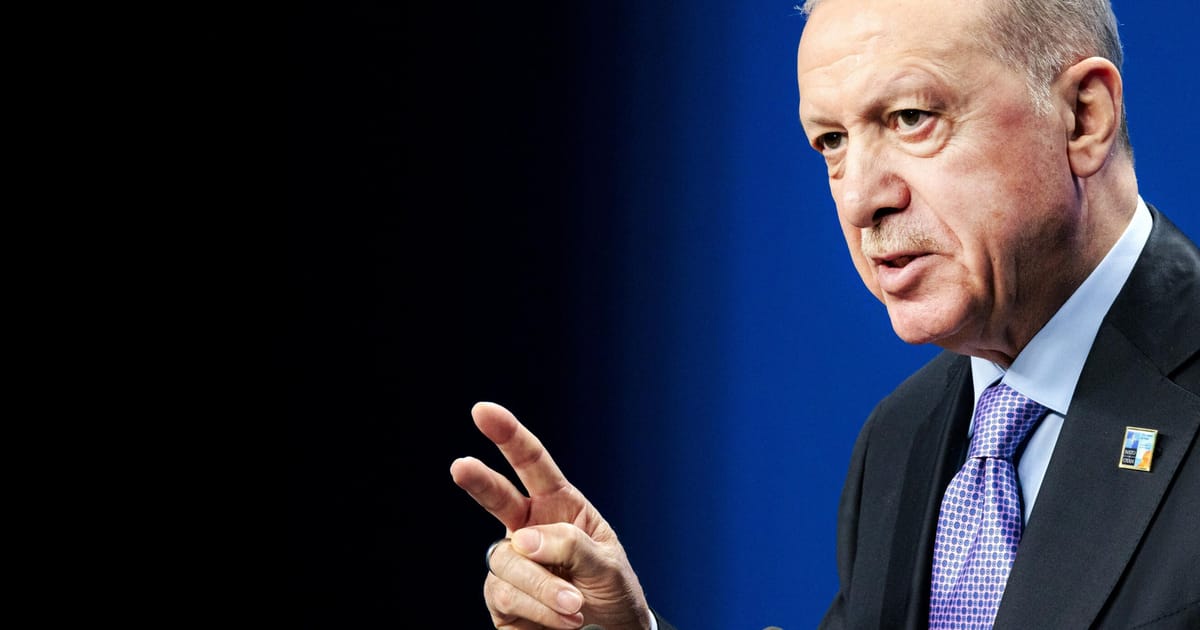

In recent days, global political dynamics have witnessed significant developments. From political arrests in Turkey to diplomatic tensions involving Russia and the United States, along with controversies in El Salvador, these events underscore the complex and interconnected nature of today’s world affairs.
In Turkey, the political landscape is experiencing heightened tensions as three mayors from opposition parties were recently detained. This move comes approximately four months after the arrest of the mayor of Istanbul, an individual seen as a primary political adversary to President Recep Tayyip Erdoğan, on charges of corruption. These arrests appear to be part of an ongoing government effort to suppress dissent within the country, leading to increased scrutiny from the international community. Observers are closely monitoring these actions, as they reflect Turkey’s broader political climate and the challenges faced by opposition voices in the country.
Meanwhile, in El Salvador, President Nayib Bukele has firmly denied allegations of mistreatment involving Kilmar Ábrego García, a Salvadoran national who was wrongfully extradited to El Salvador from the United States. García, who was returned to the U.S. to face human-smuggling charges, alleged through his legal team that he suffered abuse and sleep deprivation while in custody in El Salvador. However, President Bukele refuted these claims via a social media statement, asserting that García “wasn’t tortured, nor did he lose weight.” This denial highlights the nuances of diplomatic relations and human rights considerations in handling extradition cases between nations.
In Eastern Europe, Ukraine’s President Volodymyr Zelenskyy has articulated his perceptions on the latest aggressive military actions by Russia. Following a conversation between Russian President Vladimir Putin and former U.S. President Donald Trump, Russian forces launched an intensive assault on Kyiv, utilizing a record number of drones and ballistic missiles. This seven-hour offensive is seen as one of the most severe attacks since the onset of the conflict. President Zelenskyy described this as a “deliberate act of terror,” suggesting that it serves as a stark example of Russia’s interpretation of diplomatic engagements. The assault has raised concerns about the geopolitical implications of Russia’s military strategies and its impact on Ukraine’s ongoing struggle for sovereignty.
These events, unfolding across different continents, contribute to the broader narrative of a world in flux. They illustrate how political governance, international relations, and human rights are continually negotiated and contested on the global stage. As nations navigate these challenges, the international community remains vigilant and engaged in fostering dialogue, ensuring accountability, and striving for peace and stability. Such developments remind us of the importance of understanding and addressing the complex tapestry of global interactions with composure and insight for a more harmonious future.
Source: {link}
